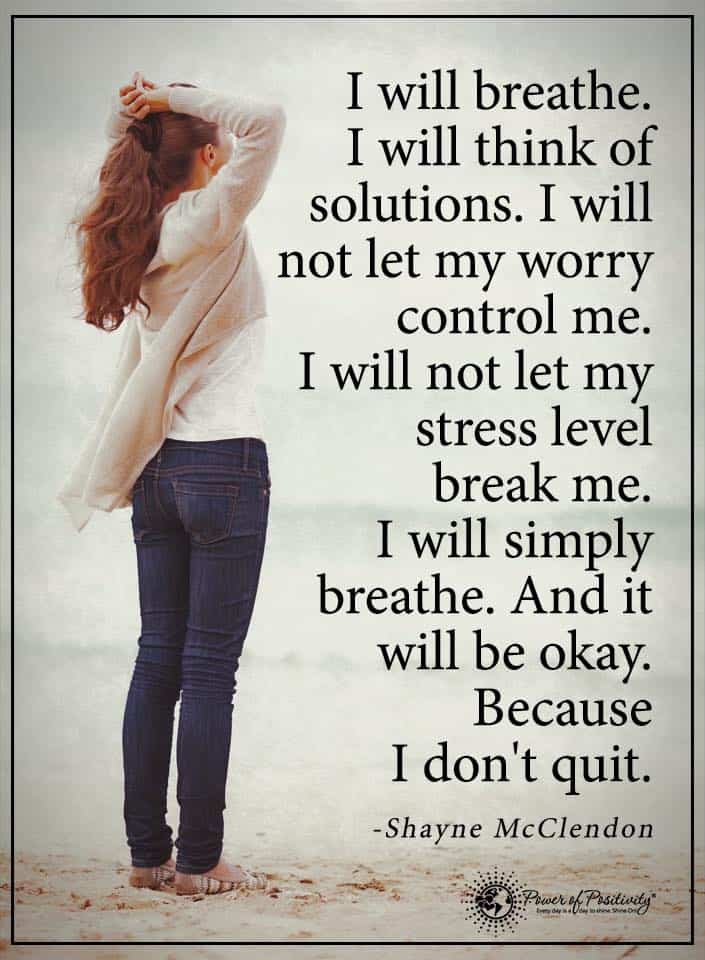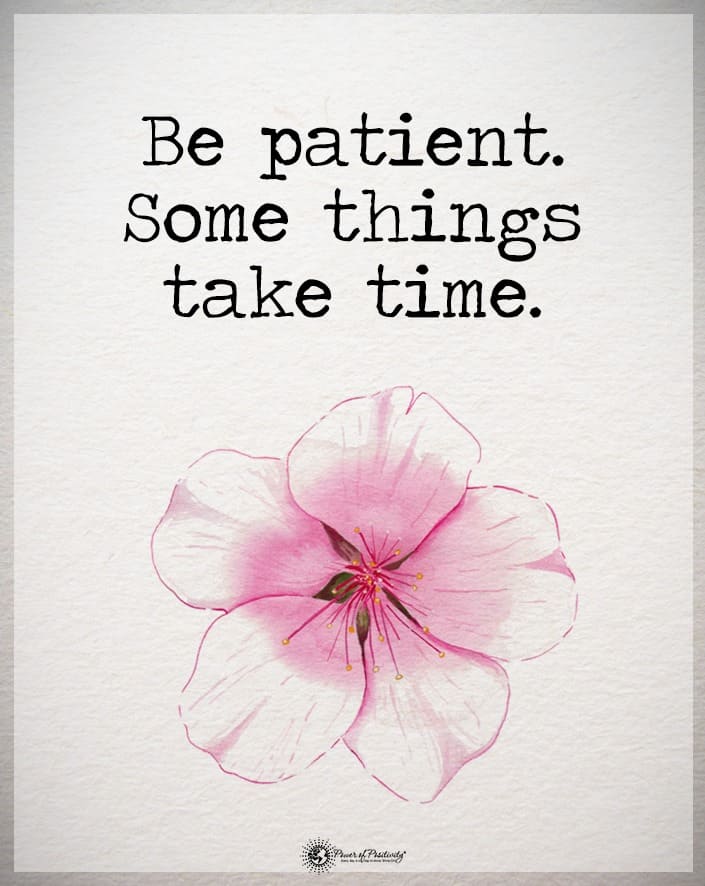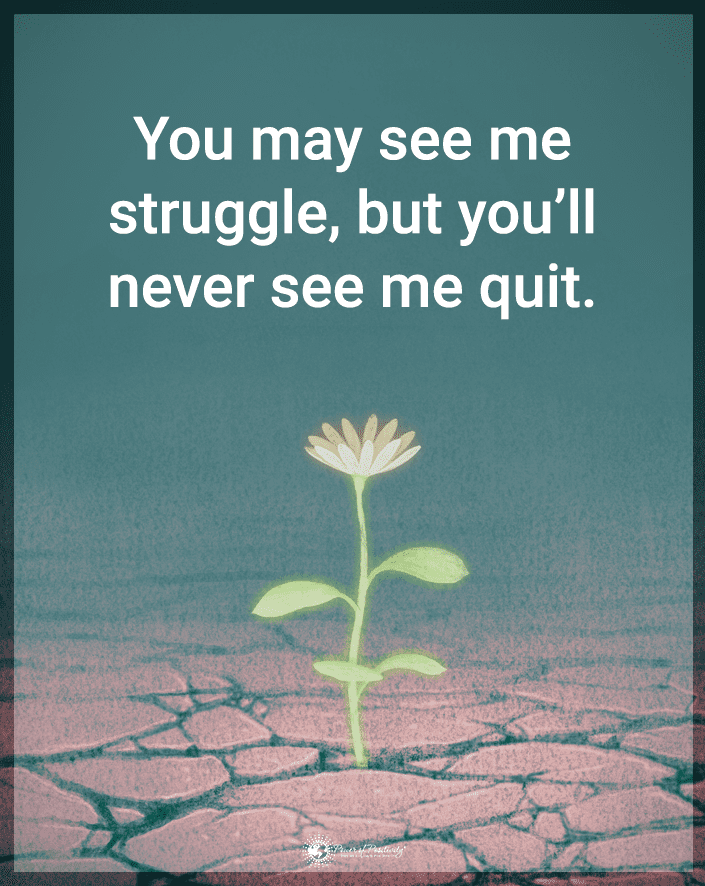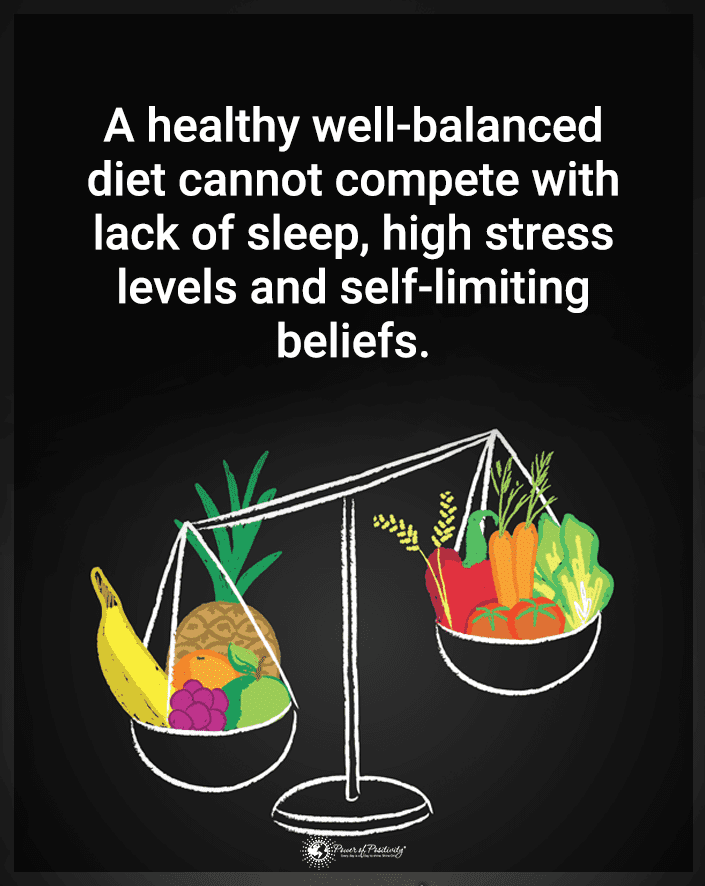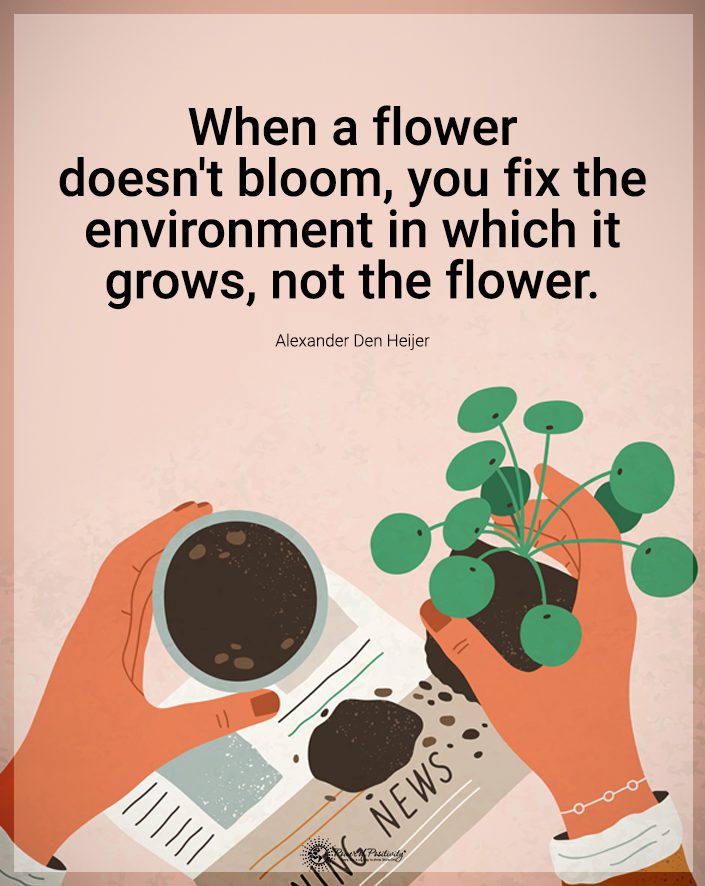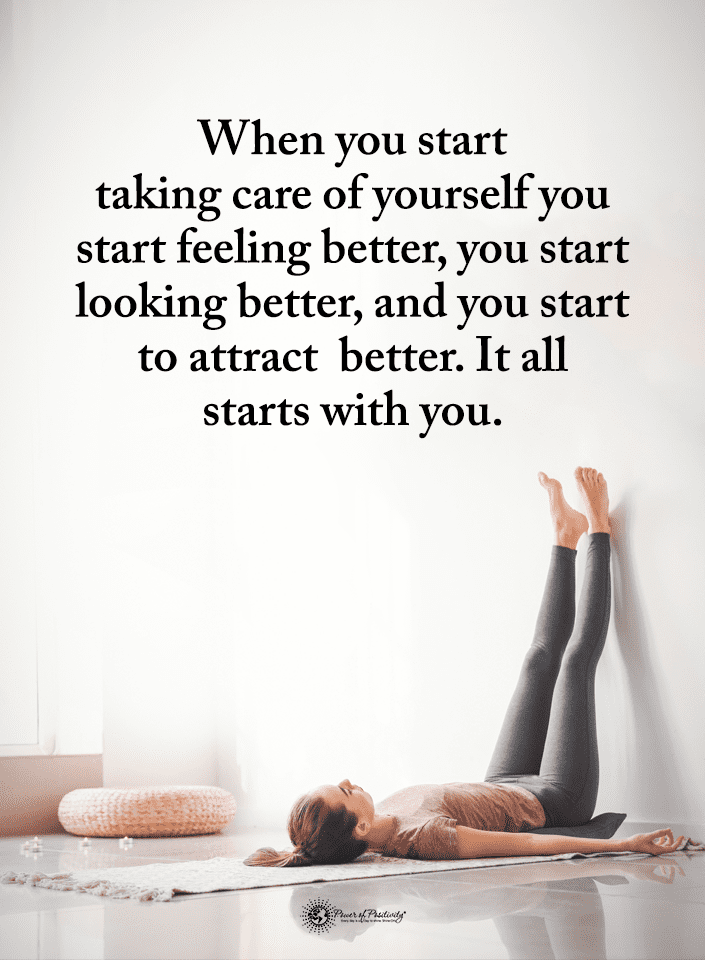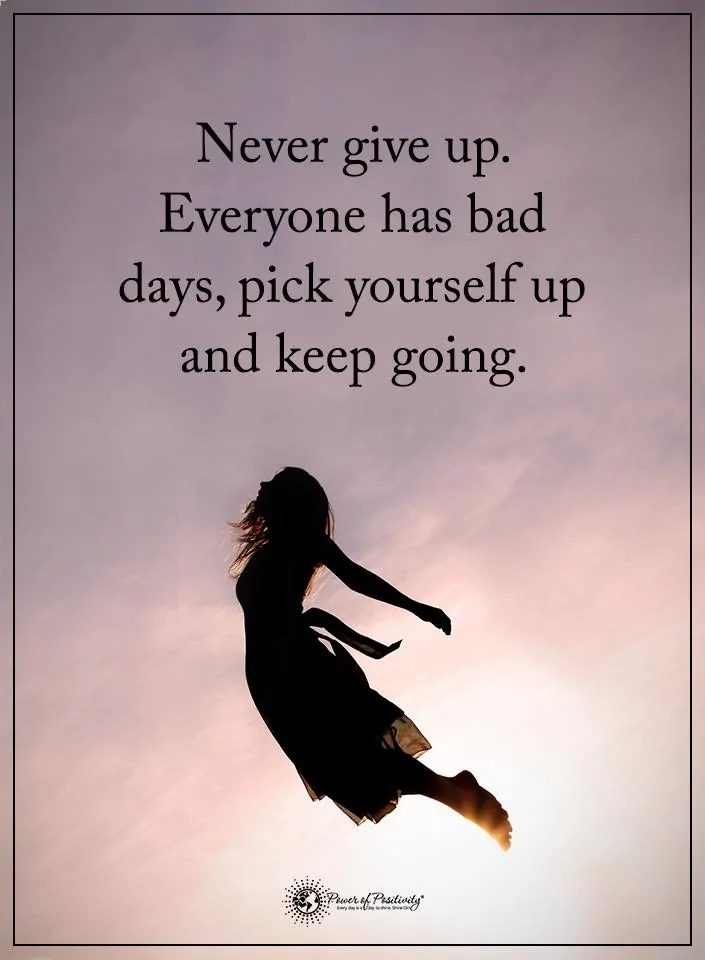Stress is everywhere these days. But sometimes, that same stress can build up until it is overwhelming. Stress contributes to several diseases, from heart disease, obesity, and diabetes to depression. Stress is killing us. We live hectic, overscheduled lives, and there are never enough hours in the day to get everything done. What can we do to lower our stress levels without radically changing our lives? One thing we can do is learn how to better manage our stress and our reactions to stress. These five simple steps can channel that overwhelming stress into something more productive and bring you more happiness and relaxation.
5 Ways to Get Through Overwhelming Stress
1. Let Go of Things That Are Out of Your Control
The biggest thing you can do is just to let go of worries about things totally out of your control. One big thing you can do is lessen how much you listen to news programs, whether they are on television, radio, or podcast. News feeds on people’s fears and anxiety and leads with stories that push those buttons. The vast majority of the things on the news are so far out of your control that they are in no way going to affect your life.
Unless it is your job to worry about international politics, the economy, or what case the Supreme Court hears next, you probably shouldn’t worry too much about it. It is good to be informed, but don’t get sucked into the 24/7 fear-mongering and drive your stress levels up. Let it go and worry about things you can make a difference in like local politics, how your family is doing, and taking care of them and your friends.
2. Step Away from Situations That Cause Stress on Occasion
Sometimes things become so bad that you need to step away and take a vacation or getaway for the weekend. Get out of your routine, see something new, or visit with an old friend you haven’t seen in a while. Get out of the bubble of your job, family, and day-to-day worries. Something as simple as taking a walk in the park, or sitting outside in nature, can alter your perception of stress. All those things in your life will be there when you get back, but try to relax and forget it all for a while. When you come back, you will be refreshed, re-energized, and ready to tackle all those stressful things again.
3. Ask For and Accept Help When it is Offered
If you are in a jam and cannot figure out a way through the difficulty on your own, then don’t be afraid to ask for, and receive, help. We all need a helping hand now and again. There is no shame in asking for help when you are overwhelmed. Friends and family will step up when you need them to. Try not to take advantage of that goodwill, or it might not be available when you need it.
4. Eat Well and Exercise Regularly to Reduce Stress
When stressed, you will be more susceptible to eating foods that are bad for you or make you feel worse. So called “comfort foods” can be high in sugar and carbs, which stimulates the pleasure centers of our brains, making us feel better for a short period. However, the crash afterward can make you feel even worse. Exercise, on the other hand, can release a hormone called endorphins. These endorphins can make you feel better and lessen the effects of pain, similar to morphine. Eating healthier foods can lift your mood. And when you combine eating well with exercise, you can release some of the stress you experience positively and constructively.
5. Act and React Appropriately
You should always act and react appropriately no matter how much stress you are under. Overreacting or venting to people can make situations worse than they already were and increase your stress as you try to recover from the fallout. Reacting violently is never a good option unless you try overcoming a burglar in your living room. If you feel like exploding, walk away for a few minutes until you have calmed down. Go outside, get some fresh air, scream to the heavens and release the building stress. Come back and deal with the situation when you are calmer and can resolve it without losing it with someone.
Final Thoughts on Dealing With Overwhelming Stress
“I promise you nothing is as chaotic as it seems. Nothing is worth diminishing your health. Nothing is worth poisoning yourself into stress, anxiety, and fear.”~ Steve Maraboli
The wisdom of Steve Maraboli is more accurate than you might realize. Stress can cause a stroke or heart attack. Nothing is worth your life. Finding healthy coping mechanisms to deal with life experiences that can overwhelm you is essential. Doing so could literally save your life.

